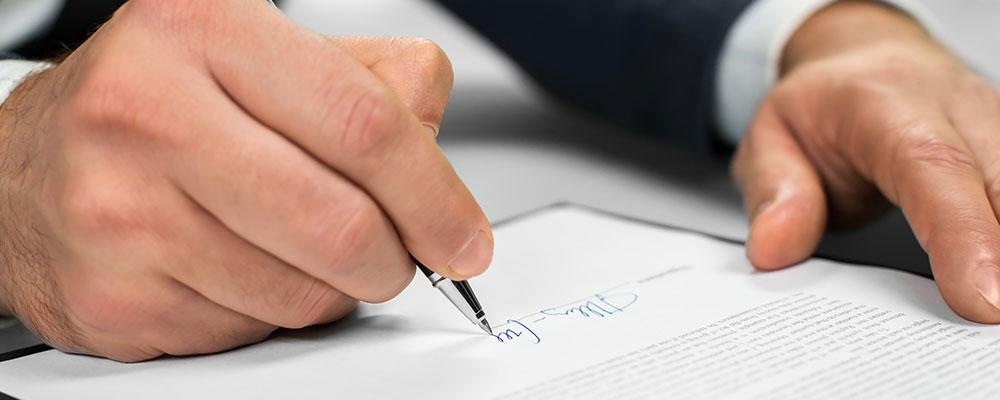Appeals Attorney Overview

Lawyer Representation in Civil and Criminal Appeals
Most people are familiar with the idea that an unfavorable decision in court can be appealed. However, the procedures followed during an appeal are very different from how matters are handled in other types of trials. Whether a defendant in a criminal defense case is looking to overturn a wrongful conviction or sentence, or one of the parties in civil litigation wishes to address a verdict that they believe is incorrect, it is important to work with an attorney who is experienced in these types of cases.
Reasons for Filing an Appeal
Contrary to popular belief, a person cannot appeal a verdict simply because they disagree with the decisions made by a judge or jury. An appeal must be based on errors made during a trial, and an appellate court will only review the record of the trial rather than considering any new evidence, witness testimonies, or arguments. Appeals may be based on:
- Evidentiary errors - A verdict may have been based on evidence that should have been inadmissible, or a party may not have been allowed to present evidence that should have been admissible.
- Prosecutorial misconduct - In criminal cases, a prosecutor may misrepresent facts to the court, conceal evidence that could benefit the defendant, or make improper arguments to a jury.
- Ineffective assistance of counsel - A criminal defendant may believe that they lost a case because their lawyer did not represent them competently. Some examples of attorney incompetence may include failure to properly prepare for a case or failure to raise the proper objections during a trial.
- Errors made during a trial - A judge may have given improper instructions to a jury, or the decisions made by a judge or jury may not have followed the correct legal standards.
- Improper verdict or sentence - If the amount of a verdict awarded in a civil trial is overly high, or if a sentence for a criminal conviction exceeds the recommended guidelines, a person may be able to appeal these types of decisions.
The Appeals Process
Following a judgment in a trial, the losing party will have a certain amount of time (usually 30 days) to file a notice of appeal. The party who filed the appeal (known as the appellant) will then prepare and file a brief. This is a written document that explains the facts of the case and makes arguments for why the appellant believes the decisions made in the trial were incorrect. The other party (known as the appellee) will prepare and file a brief of their own in response.
In some cases, an appeals court may make a ruling based on the briefs filed by the parties, while in others, the court may hear oral arguments. In these cases, each party will have a certain amount of time in which they will present arguments and answer questions asked by the appellate judges.
After reviewing written briefs and hearing oral arguments, appeals court judges will meet in conference, and they will issue a written ruling in the case. This ruling may affirm the original verdict, reverse any incorrect decisions that were made, or remand the case to a lower court for a re-trial. The losing party may file a subsequent appeal and ask for the case to be heard by a higher court. Subsequent appeals may be made, with a case proceeding all the way to the U.S. Supreme Court in some situations.
Because the procedures followed during an appeal are very different from those used in a civil or criminal trial, it is crucial to secure representation from an attorney who is experienced in appeals cases. Both appellants and appellees will want to work with a lawyer who knows how to research appeals cases, write briefs, and make oral arguments in appellate court.















